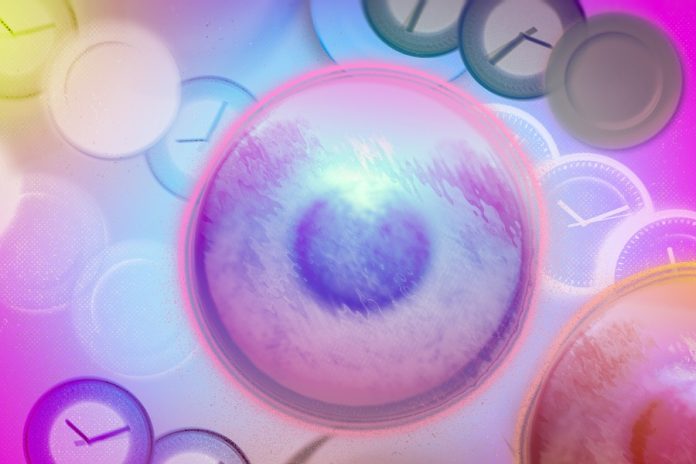
Fasting and low-calorie diets have been praised for their potential health benefits, including delaying age-related diseases and extending lifespan.
However, a recent study by MIT researchers reveals that while fasting can help the gut heal, it might also increase the risk of developing cancer under certain conditions.
The study, conducted on mice, shows that fasting boosts the ability of intestinal stem cells to regenerate, helping the intestine recover from injuries or inflammation.
This process is particularly active when the mice start eating again after a period of fasting, a phase known as “refeeding.”
However, the researchers also found that this heightened regenerative activity comes with a downside: if cancer-causing mutations occur during this refeeding period, there is a higher chance of developing early-stage intestinal tumors.
“More stem cell activity is great for healing, but too much of it can lead to problems like cancer,” explains Omer Yilmaz, an associate professor of biology at MIT and the senior author of the study.
The research, published in the journal Nature, sheds light on the complex relationship between fasting, regeneration, and cancer risk. While fasting has clear benefits, the study highlights the need for caution, especially when considering the impact of refeeding after fasting.
The researchers found that intestinal stem cells, which help the gut lining renew itself every five to ten days, are particularly active during the refeeding phase. These cells, when triggered by eating after fasting, rapidly multiply to repair the gut lining. However, this period of intense cell activity also makes the cells more susceptible to becoming cancerous if harmful mutations are present.
Yilmaz and his team discovered that during refeeding, a cellular pathway known as mTOR is activated. This pathway helps cells grow and produce the proteins needed for regeneration. While this process is crucial for healing, it also creates an environment where cancer-causing mutations can thrive.
The study showed that mice were more likely to develop precancerous growths if they were exposed to cancer-causing factors during the refeeding stage, compared to those that were exposed during fasting or not at all.
Although these findings were observed in mice, Yilmaz cautions that the implications for humans are not yet clear. “Fasting has many health benefits, but if you happen to refeed after fasting and are exposed to something harmful, like a charred steak, it might increase your chances of developing cancer,” he says.
Despite the potential risks, the regenerative benefits of fasting could still be significant for people undergoing treatments like radiation, which can damage the gut lining. Yilmaz’s lab is now exploring whether polyamine supplements could enhance gut healing without the need for fasting.
This study underscores the importance of carefully considering diet-based strategies for health and regeneration, especially in light of potential cancer risks. It also opens the door to new research on how to safely harness the benefits of fasting while minimizing its downsides.
If you care about cancer, please read studies that a low-carb diet could increase overall cancer risk, and berry that can prevent cancer, diabetes, and obesity.
For more information about health, please see recent studies about how drinking milk affects the risks of heart disease and cancer and results showing vitamin D supplements could strongly reduce cancer death.





